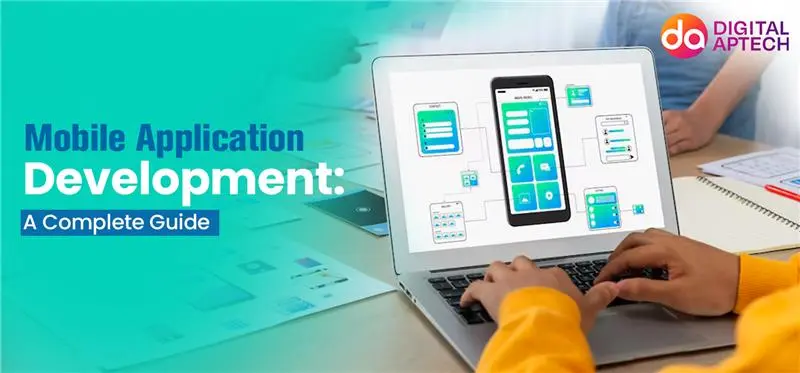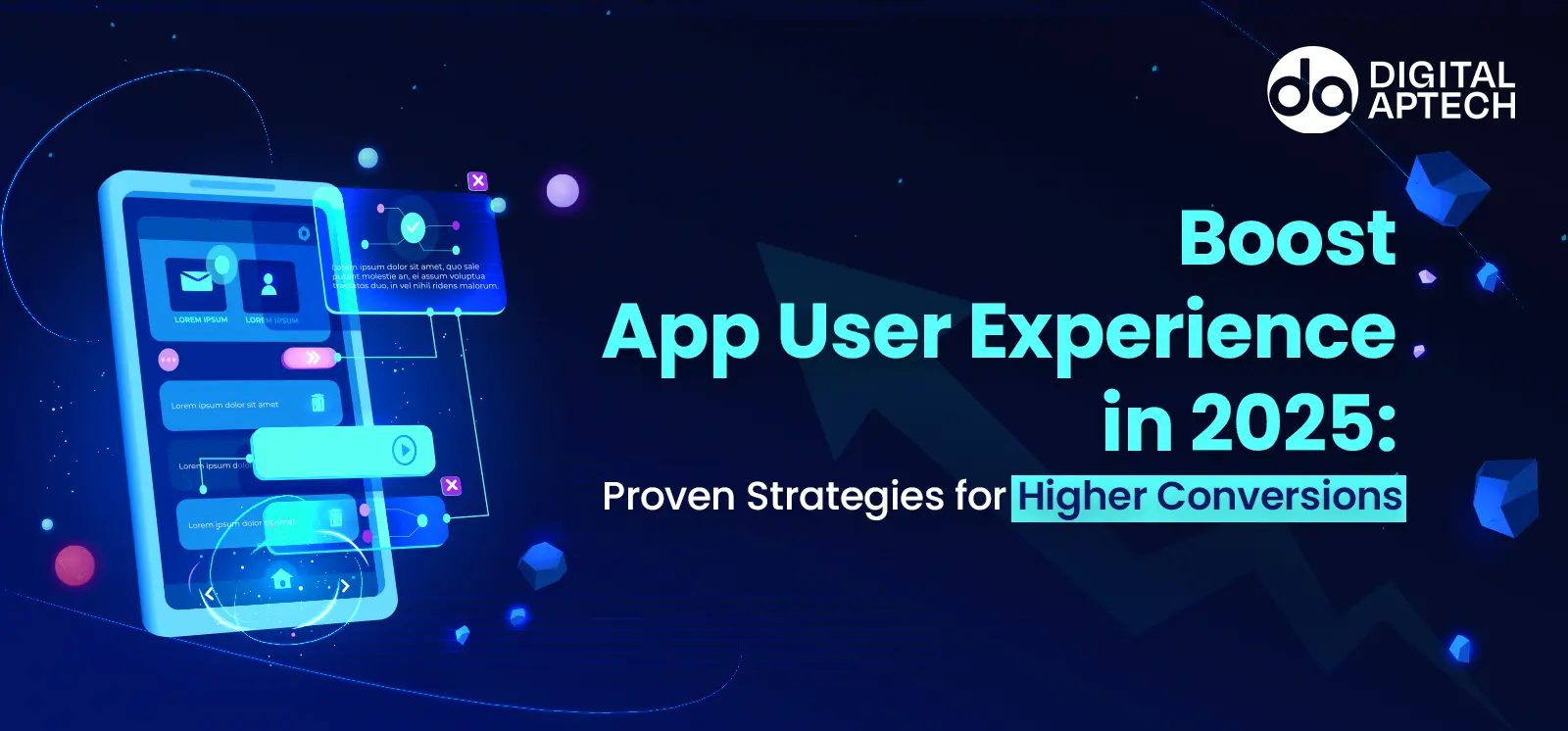The mobile app development industry is transforming day-to-day due to enhancement in microprocessors and their associated technologies. Any mobile app development company is now not limited to mobile devices only. Among other things, applications developed for mobile devices might even work seamlessly on desktop computers in the future.
Mobile app development incorporates creation of software applications for running on mobile devices sometimes even utilizing a network connection to work with remote computing resources. The entire mobile app development process comprises of creating software packages for installation, assigning backend services for data access with an API and testing the same on respective mobile devices or platforms.
Mobile Platforms
Currently, only 2 platforms are dominating the mobile market, Android and iOS. The iOS platform is developed and maintained by Apple to power their own devices only. On the other hand, Android platform is maintained by Google but used by multiple OEMs for their devices as well as Google’s own devices too.
The two platforms utilize different development processes, softwares and toolchains for respective app development purposes. Developers perform building apps for both the platforms for targeting billions of smartphone users, i.e. iOS app development and android app development.
Mobile app development industry
Due to the presence of over 3 billion smartphone users, the mobile app development industry is one of the most fast-paced and high revenue generating industry. The statistics shows no signs of de-growth. The number of smartphone users have drastically increased. Digital media is most viewed on mobile devices. Revenue generated from mobile apps have increased by billions. There are multiple varieties of mobile apps installed on users’ smartphone devices, a recent study states minimum of 30 apps. This proves the popularity of native apps over other types.
Mobile applications can be either pre-installed or downloaded & installed later by users on their smartphone devices. These applications have to function the same on multiple mobile devices ranging from different hardwares to screen sizes, etc.
The mobile app development process consists of processes like strategy & planning, designing, app development, testing and finally deployment. Costs incurred in app development ranges from almost nothing to millions depending on the type and usage purpose. Mobile app development strategy involves desired user experience, available computing resources and building required features.
Here’s a simplified view of the types of mobile app development technologies with their respective advantages and disadvantages.
Web App Development
A web application is an interactive application built to run from within any browser using web development technologies. Working similarities of web app development and web development have close resemblance to front-end and back-end technologies. However the operation of web app on any device is quite different compared to traditional website.
Pros:
• Web app generally does not require installations, therefore it does not need to go through the hassles of app store rules and regulations and can be accessed through an URL.
• Web apps could be converted to run on offline mode, running a background process and linking it to the device’s homescreen.
• The same web app can be used for multiple platforms, on web as well as mobile.
Cons:
• However, web apps have very limited functionalities and support compared to native apps.
• The capabilities of web app is restricted according to the device’s hardware and browser in use.
• Generally clients with lesser budget prefer web app development as they can approach to all devices, irrespective of their platforms, though they tend to be laggy.
Native App development
Native app development refers to building any mobile app specifically for a certain platform with programming languages and tools specific to it. Android app development utilizes Java or Kotlin, whereas iOS app development implements Swift and Objective-C.
Pros:
• Native apps deliver the best user experience due to their high performance.
• Native app development provides direct access to device APIs.
• Native apps enjoy better app store support and broad functionality.
• Due to flexibility in resources management, native apps have increased scalability.
• Push notification management is best suited feature implemented in native app development.
Cons:
• However, due to multiple code bases for each specific device, increases the time spent building for each platform.
• For example, mobile apps developed for iOS platform has to follow Apple app store rules and regulations, whereas the same developed for Android platform has to go through Google Playstore rules.
• Platform specific app development does incur higher costs due to their separate app development process and maintenance.
Hybrid App development
Hybrid app development enjoys both the benefits of native app and web app development process. They are a combination of the two, i.e. hybrid apps installs like a native app but has inner workings like a web app.
Pros:
• Resulting web apps have access to internal device APIs and resources like camera, storage, GPS, etc.
• Hybrid app developers use web development tools like HTML, CSS, etc. to develop and then bundle it like a native app to install on the specific device.
• Since most of the frontend coding is based on web development to run within browser environment, therefore little device specific code bases are required to be modified for installation purposes and API management.
Cons:
• However, since hybrid apps work on a ‘web container’ providing browser runtime and a bridge for native device APIs, therefore they have limited support and performance compared to native apps.




